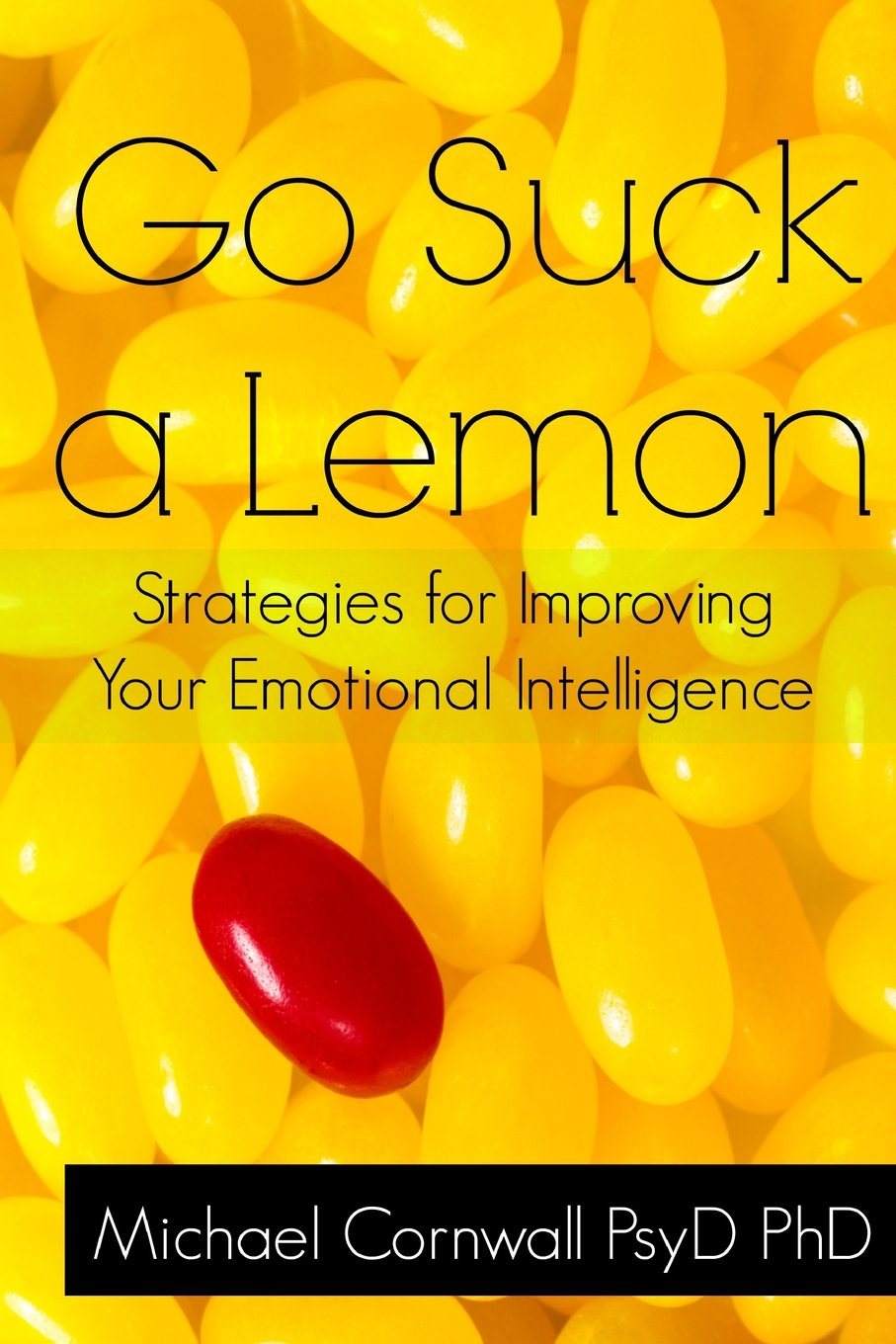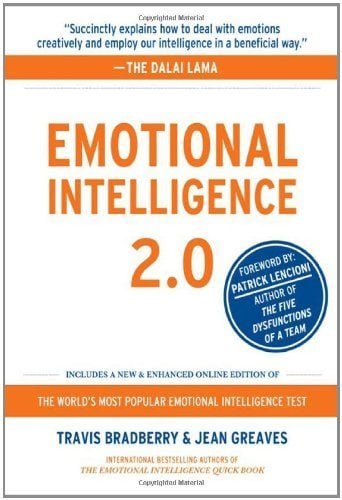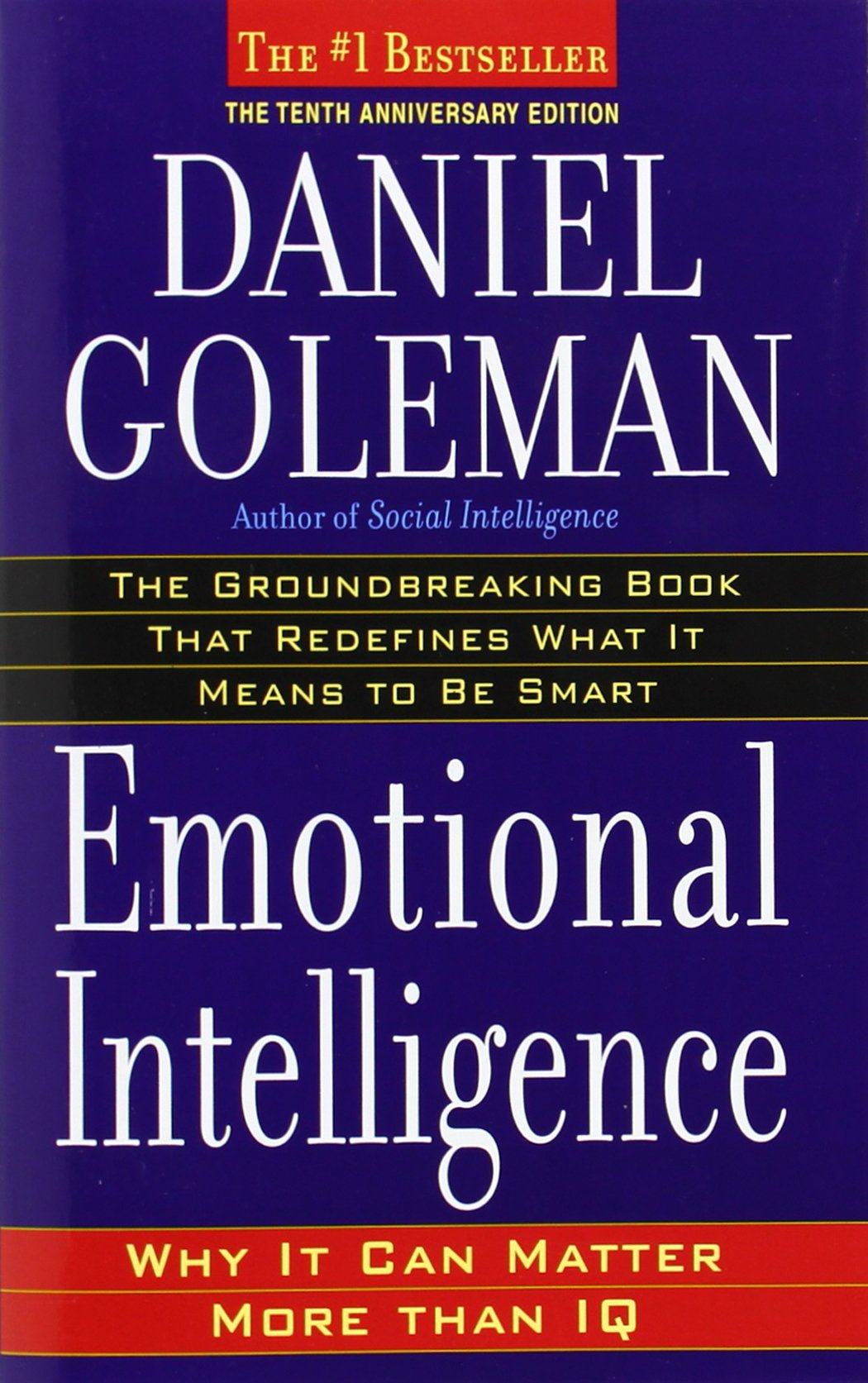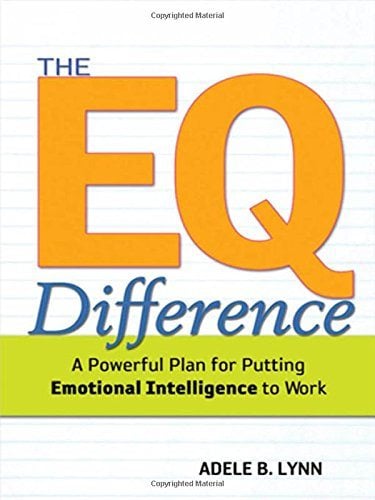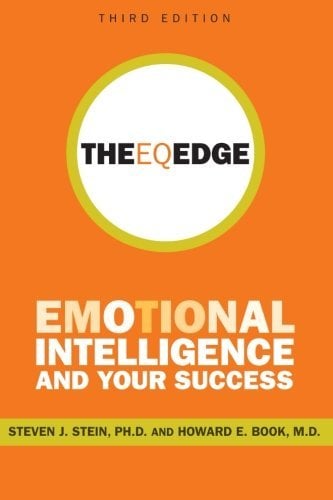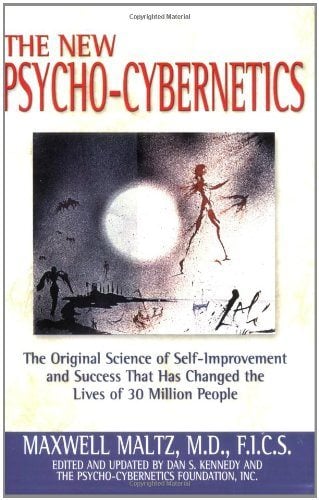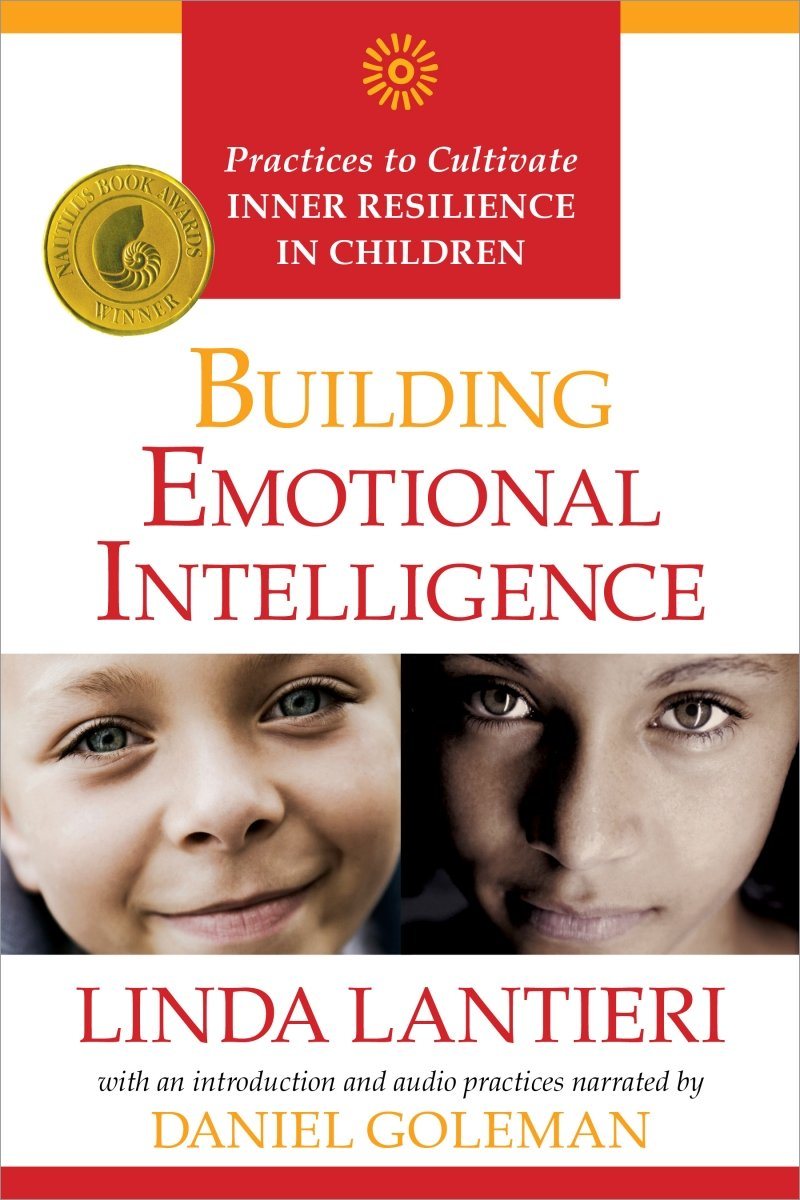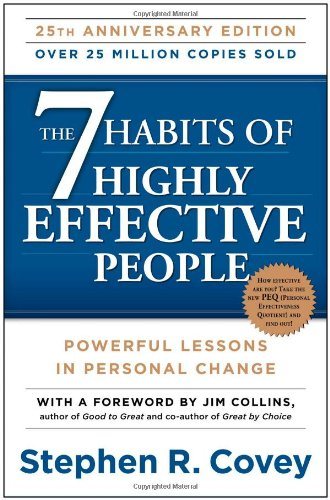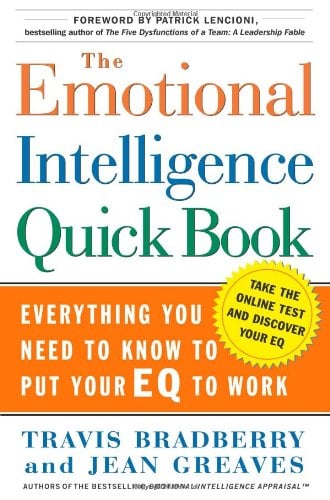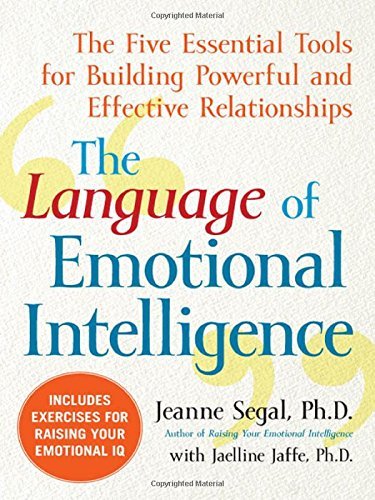People pay a lot of attention to the intelligence quotient, or IQ, which can be a determinant for a successful career. Nevertheless, this score does not reflect the overall intelligence of a particular person. Emotional intelligence is just as important for maintaining successful relationships, working in teams, and adapting to different social and business environments.
Fortunately, there are proven strategies that help people boost their emotional know-how. What’s the best place to start? There are plenty of popular books focused on this matter. You should start by learning the fundamentals of the emotional intelligence concept. Once you have a solid base of emotional education, you will notice how your life is improved from different points of view.
Mark the following 10 books as “to read”; they offer great tips that will help you increase your EQ.
1. Go Suck a Lemon: Strategies for Improving Your Emotional Intelligence – Michael Cornwall
This author wrote an amazing guide that helps people improve their emotional intelligence through practical exercises. Dr. Cornwall suggests that the process of boosting your EQ starts with commitment to self-development, as well as a complete transformation of the way you think and behave. Emotionally healthy people think before reacting. They are open-minded and independent. This book teaches you how to achieve that state.
2. Emotional Intelligence 2.0 – Travis Bradberry, Patrick Lencioni and Jean Greaves
Bradberry, Lencioni and Greaves associate emotional intelligence with today’s stressful economic conditions and demanding workplaces. They suggest several tools that help people adapt to such environments and channel the negative emotions that result from them.
The biggest advantage of this book is the program that enables people to boost their emotional wellbeing by following clear steps focused on foundational skills: social awareness, self-awareness, relationship management, and self-management.
3. Emotional Intelligence: Why It Can Matter More Than IQ – Daniel Goleman
Dr. Goleman offers a direct face-off between EQ and IQ, explaining that intellectual intelligence doesn’t help us achieve self-improvement without the boost of a high EQ. Supporting his arguments with facts from neuroscience and psychology, the author helps us understand the crucial skills for success.
The book is not abstract at all; Goleman also offers ideas on how people can improve their EQ, which will lead to better relationships, work performance, and physical well-being.
4. The EQ Difference: A Powerful Plan for Putting Emotional Intelligence to Work – Adele B. Lynn
You can find tons of information on emotional intelligence online. However, many of those articles are based on abstract terms that may help you to understand the concept of emotional wellbeing, but won’t help you actually to achieve it. That’s why it’s important to find a more elaborate book that guides you through the specific steps you can take towards your personal growth.
Adele B. Lynn provides effective guidance for professionals at all levels. Her practical examples and tips help the readers understand the effects different emotions have on our values, relations, and performance in the workplace. Once you learn how to recognize those effects, you will be able to achieve greater professional success.
5. The EQ Edge: Emotional Intelligence and Your Success – Steven J. Stein and Howard E. Book
This book may easily become your long-term companion. Highly-developed intellect and creativity are truly necessary for successful performance on multiple levels, but the role of emotional intelligence is just as powerful. The EQ Edge teaches us why EQ is of crucial meaning when people are trying to progress at work, strengthen their relationships, boost their confidence, and become leaders.
The book also includes a practical guide that enables all of us to improve relationships with other people, but with ourselves as well.
6. The New Psycho-Cybernetics – Maxwell Maltz
This is an updated version of the influential book that Maxwell Maltz published in 1960. The concept of emotional intelligence is nothing new; people have been aware of its importance throughout the last century. The theory of psycho-cybernetics examines the process of controlling thoughts and emotions. This book will teach you how to transform them from negative to positive.
With time, you will reprogram the way your mind processes information. That will enable you to achieve your career goals and improve your overall lifestyle.
7. Building Emotional Intelligence – Linda Lantieri
If you are a parent, it’s important to help your children develop the foundations of EQ at an early age. The most important part of children’s development is not reading, science, or math. Rather, it’s the capacity that Linda Lantieri defines as inner resilience. The approach elaborated in this book can also be useful for adults interested in boosting their emotional intelligence.
With the step-by-step guide, the author enables people to improve their focus and awareness, increase self-esteem and empathy, and improve their ability for effective communication.
8. The 7 Habits of Highly Effective People: Powerful Lessons in Personal Change – Stephen R. Covey
This author presents a holistic approach for solving professional and personal problems. Although the book isn’t focused on emotional intelligence per se, it is an essential guide for everyone who wants to gain control over their emotions. Many of the 7 habits of effective people are closely linked to awareness of their inner state. Through anecdotes and penetrating insights, Covey teaches people how to live with integrity, dignity, and fairness.
9. The Emotional Intelligence Quick Book – Travis Bradberry and Jean Greaves
This is one of the most accessible guides for achieving higher EQ. The authors of the book are renowned researchers of the phenomenon of emotional intelligence. In The Emotional Intelligence Quick Book, they offer effective tools that help people bring their chaotic personal and professional lives to balance.
This edition may seem short for such a deep concept, but it’s very effective because it gets straight to the point. It will help you assess your own EQ and build your “emotional immunity” at home and at work.
10. The Language of Emotional Intelligence: The Five Essential Tools for Building Powerful and Effective Relationships – Jeanne Segal
This author doesn’t spend much time trying to convince you how important emotional intelligence is for the wellbeing of your relationships; you are supposed to know that already. The value of this book is in the fact that it enables you to apply the things you know in your everyday life. Jeanne Segal offers a practical guide based on research and real-life examples.
The five basic tools elaborated in the book will help you enhance your relationships by improving your skills at diffusing arguments and conflicts, reading non-verbal signs, and boosting your capacity for clear communication.
Featured photo credit: Moyan Brenn via flickr.com

